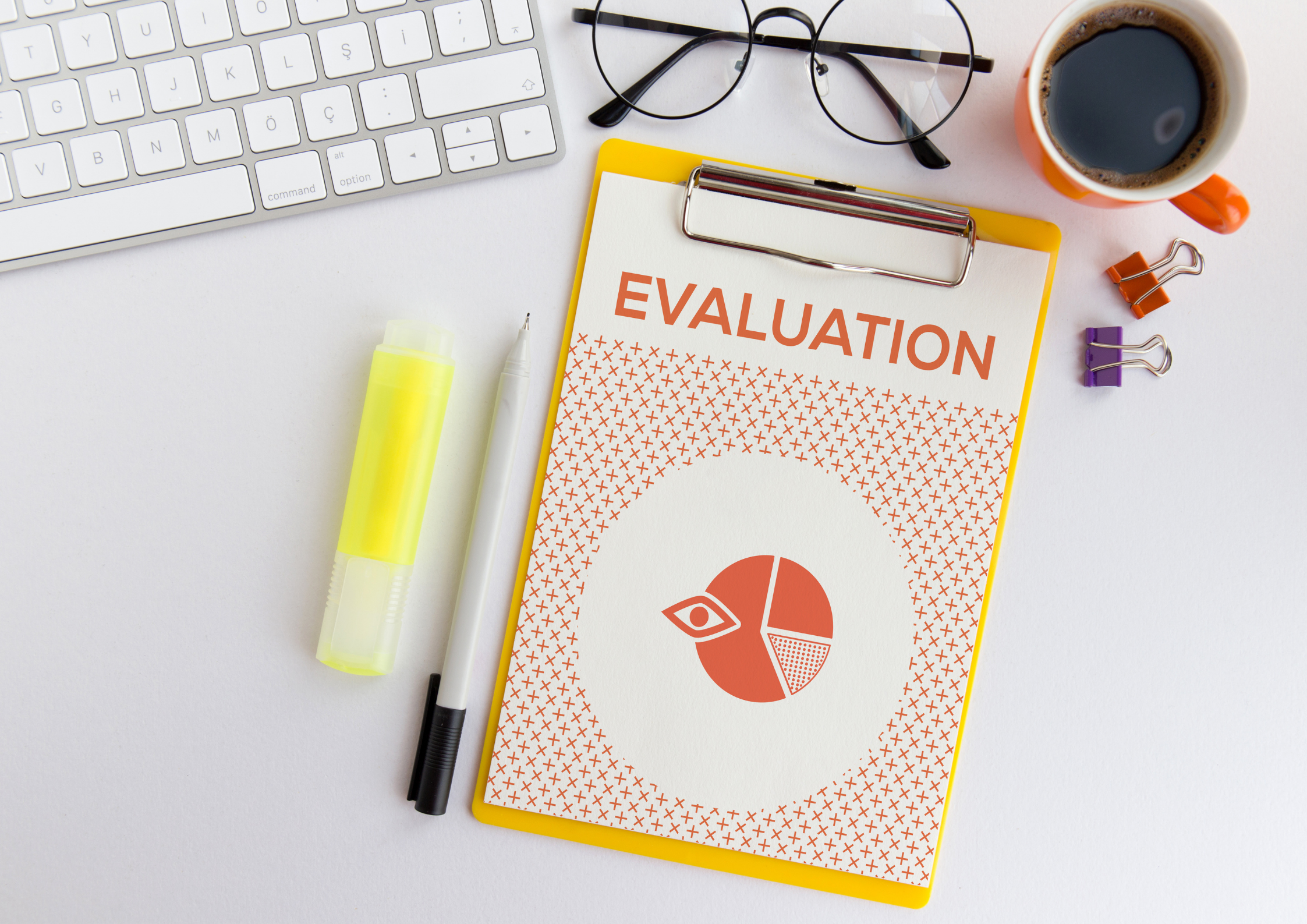The evaluation criteria
Author: Gabriella Lovasz
As the proposal template has been modified, the evaluation criteria have been adapted accordingly. Therefore, pay attention to the highlighted keywords on the EC slides!
- Objectives are merged with the ambition (how to go beyond the state-of-the-art),
- Gender dimension and open science practices have a separate evaluation question under excellence,
- The pathway logic and the narrative showing this logic is crucial in section Impact,
- Individual participants and the consortium as whole aspects are evaluated based on section 3.2.

Source: European Commision
Interaction with applicants
The interview step is included in some evaluation procedures (ERC and EIC schemes) to increase the robustness and credibility of the system. This is excellent news for ERC applicants.
Blind first-stage evaluation
A procedure known in earlier programmes comes back to Horizon Europe. This is a pilot for now. If indicated in the specific call conditions, first-stage proposals of two-stage submissions will be evaluated blindly. Applicants may not disclose their identity in Part B of their proposal. The first experiences will decide on the continuation in Horizon Europe.
Proposals with equal scores
For proposals with the same score within, there is a method to establish the priority order, so during the panel review, the evaluators and the European Commission can make a final order of the proposals. The general method in Horizon Europe is slightly different from Horizon 2020 – you should carefully consider some issues:
1. Proposals that address aspects of the call that have not otherwise been covered by more highly ranked proposals will be considered to have the highest priority. (same in H2020)
2. The proposals identified under 1), if any, will themselves be prioritised according to the scores they have been awarded for ‘Excellence’. When these scores are equal, priority will be based on scores for ‘Impact’. In the case of ‘Innovation actions’, priority will be given to the score for ‘Impact’, followed by that for ‘Excellence’. (same in H2020)
3. If necessary, the gender balance among the personnel named in the proposal who will be primarily responsible for carrying out the research and/or innovation activities, and who are included in the researchers table in the proposal, will be used as a factor for prioritisation. (This is new in terms of order and phrasing – pay attention to researchers table!)
4. If necessary, any further prioritisation will be based on geographical diversity, defined as the number of the Member States or Associated Countries represented in the proposal, not otherwise receiving funds from projects higher up the ranking list (and if equal in number, then by budget). (This is new!)
5. If a distinction still cannot be made, the panel may decide to further prioritise by considering other factors related to the objectives of the call or Horizon Europe in general. These may include, for example, enhancing the quality of the project portfolio through synergies between projects or, where relevant and feasible, involving SMEs. These factors will be documented in the panel report. (SMEs are mentioned, but not in terms of budget distributed to SMEs as in H2020! – this factor will be very rarely considered)
6. The method described in 1), 2), 3), and 4) will then be applied to the remaining equally ranked proposals in the group.
In conclusion – applicants need to pay more attention to gender balance in the researchers table and geographical balance in terms of typical and not typical countries in the consortium.
How to make sure you have a good overview of the evaluation process and criteria?
On the Funding and Tenders portal, following this link, you can download all the evaluation forms for all types of action under HE, which include the key points evaluators are asked to judge. Make sure you are aware of these before you even start writing your proposal, as your writing will be able to reflect the expectations of evaluators better.
Suppose you need support with getting your project going. In that case, we can help you online and on-site during our Horizon Europe Academies, through other courses, and address your organisation's specific issues during consultancy sessions.
If you have more questions or doubts, feel free to write to us at info@europamediatrainings.com or tweet your question, including #AskEuropaMedia.

